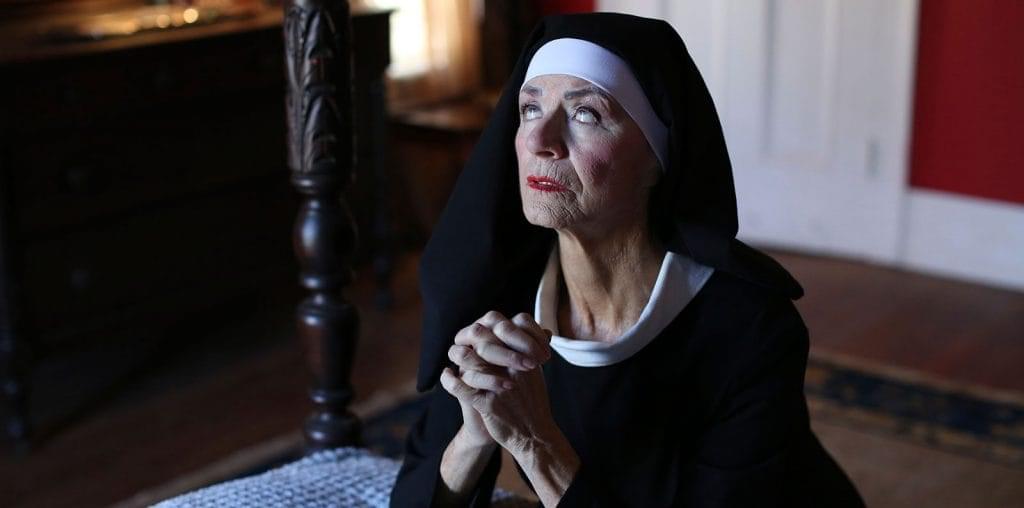
In 1970, concert promoters Ken Walker and Thor Eaton decided to one-up Woodstock by bringing together a wealth of rock legends for a three-city tour of Canada. This traveling Woodstock, known as the Festival Express, played engagements in Toronto, Winnipeg and Calgary and crossed the nation via a special train that became a non-stop jam session on rails. Throughout the proceedings, a documentary film crew was on hand to capture the music and magic.
But unlike Woodstock, the Festival Express came to a catastrophic end. Protestors at each engagement created mini-riots with their demands of free admission (Walker and Eaton were charging $14 per ticket). In Toronto, altercations between would-be gatecrashers and police were so violent that the Grateful Dead hastily agreed to hold an impromptu free concert at a nearby park just to bring peace. The proposed documentary never came about due to financial disputes between the promoters and the original producer and the 75 hours of footage abruptly disappeared (much of it was taken by cameramen who were never paid). Two months after the Calgary engagement, the star of the Festival Express, Janis Joplin, died of a drug overdose.
It took 34 years, but the film of this grand-yet-doomed musical experience has finally come to the screen. “Festival Express” is a roaring trip back in time, complete with killer concert footage and priceless behind-the-scenes glory being made available for the very first time. In many ways, this is the movie event of the year.
Director Bob Smeaton (best known for “The Beatles Anthology”) wisely kept the look of the concert documentaries from that distant era: split-screens and the grainy visual feel of the 16mm film that captured the event. Interviews with several of the surviving members of the Festival Express offer a mix of sardonic and bittersweet commentary on the ebullience experienced by most of those involved.
But the joy here is the music and its masters. For those who know of Janis Joplin only by name, “Festival Express” offers irrefutable proof why she was the greatest woman rock singer of all time. Her solo numbers “Cry Baby” and “Tell Mama” are volcanic explosions of blues-anguish, streetwise-sass and wicked humor. Off the stage and on the train, Joplin and the Grateful Dead (all under the obvious influence of alcoholic and/or hallucinogen goodies), engage in a campy rendition of “Ain’t No More Cane.” Joplin engages in a good-natured self-parody of her concert persona, with high-riding swoops of vocal roars, and is clearly having such a good time that it is easy to understand why Jerry Garcia would suddenly burst out to confess his long-standing unrequited love for her. Two biopics on Joplin’s life are supposedly in the works, but to hell with them. The power and fury and kinetic exuberance of the doomed singer can never be duplicated or equaled and “Festival Express†proves it.
Also on tap here are The Grateful Dead performing “Casey Jones,” “Don’t East Me In,” “Friend of the Devil” and “New Speedway Boogie.” Jerry Garcia solos with Sylvia Tyson in an ethereal rendition of “Better Take Jesus’ Hand” and rocks the house with a Buddy Guy duet of “I Can’t Do It Baby.” Deadheads of the world, unite at a theater playing “Festival Express.”
There is also The Band, the Flying Burrito Brothers, Mashmahkhan and Ian and Sylvia Tyson (doing a bluesy take on “CC Rider”). The one misfit act here is Sha Na Na, with a spastic rendition of “Rock ‘n’ Roll is Here to Stay” (though mercifully, they were off the stage following that one song).
In typical rock party fashion, the train ride from Winnipeg to Calgary was nearly marred when it was discovered the alcohol inventory was depleted. Promoter Ken Wexler recalls telling the engineer to make an unscheduled stop at Saskatoon, where the all-star passenger list gathered their funds and bought out a local liquor store opposite the rail station. Yet a genuine surprise comes when several of the rockers expressed genuine concern about the police who were attacked by rowdy gatecrashers. Considering that law enforcement was viewed so poorly by the counterculture of the time, the sincerity of the statements about the local cops is both startling and touching.
One quibble here: the “Festival Express” closing credits features an audio track of Janis Joplin singing “Me and Bobby McGee” and the New Riders of the Purple Sage in a reprise of “Better Take Jesus’ Hand.” The New Riders are not featured in any concert footage and not including a film record of Joplin performing her signature tune is near-blasphemous. But then, “Festival Express” is so rich with wonderful music and images that it is easy to be gluttonous and demand more.
